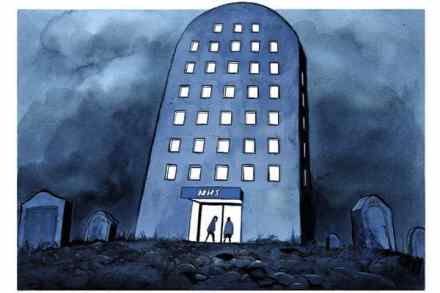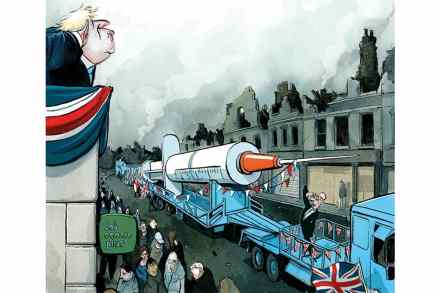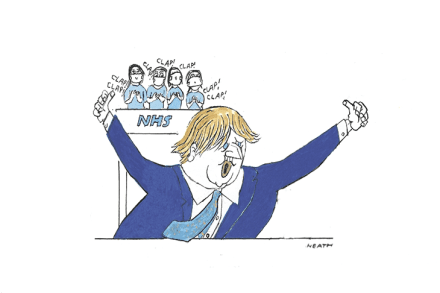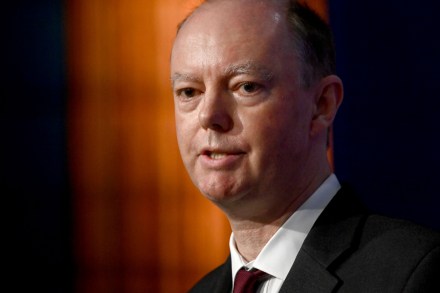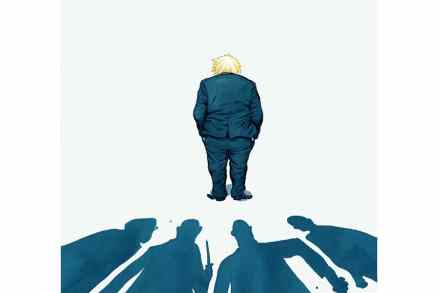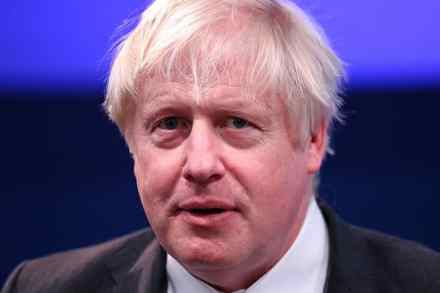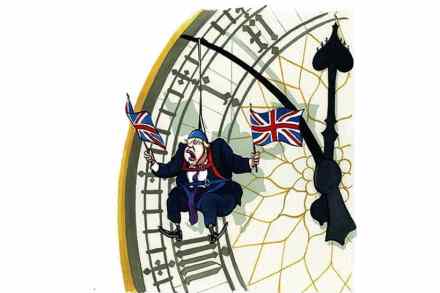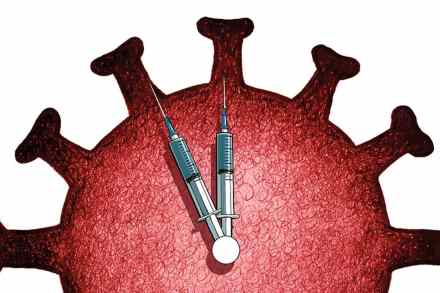My dog and the NHS have a lot in common
We are considering privatising or selling off our dog, Jessie. She seemed a rather wonderful idea when we got her nine years ago. But since then she has become a hideously bloated, entitled creature who almost by herself determines how we live our lives. In winter she is particularly tyrannical — she has three walks a day, and with darkness falling at four o’clock that means almost every hour of daylight is spent servicing her needs. We cannot go out by ourselves without ensuring she will not be unduly inconvenienced, and as she has grown older so the costs of keeping her have spiralled — and will continue to spiral.





